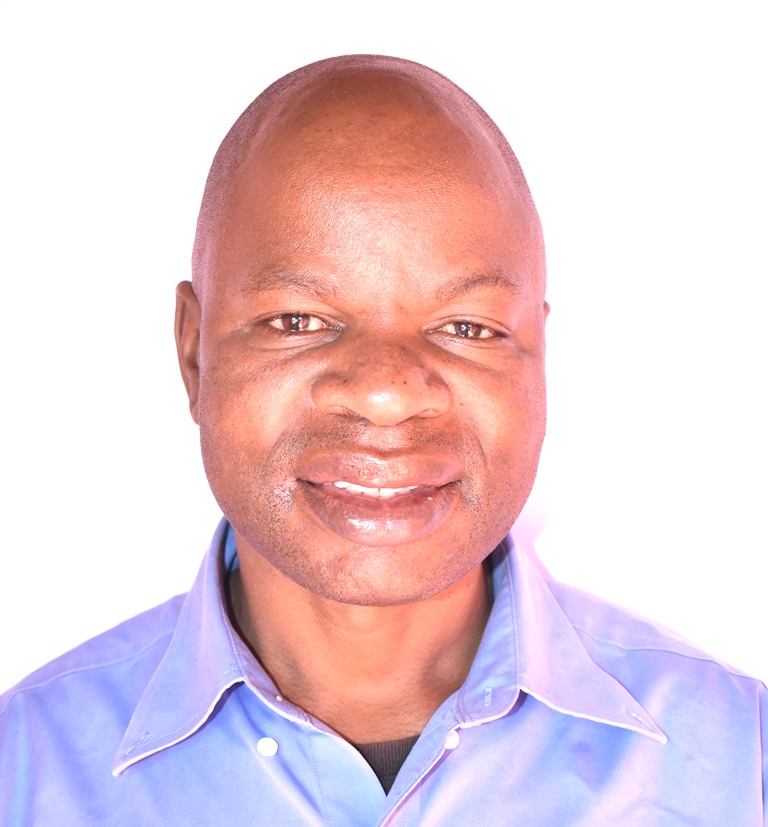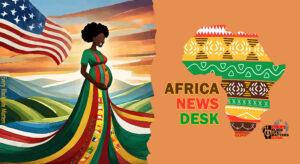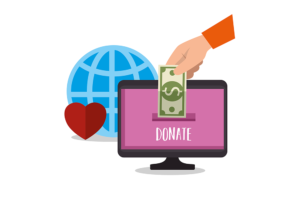US-based Conservative Organizations: Their Role in Africa’s Controversial Pro-Life Debates
Written by Contributing Author, Charles Wekesa

By Charles Wekesa
Sub-Saharan Africa experiences some of the world’s highest rates of unsafe and unintended pregnancies. These concerning statistics are prompting certain jurisdictions within the region to reexamine their stance on abortion rights. Promoting Christian conservative values, USBCOs like Family Watch International have felt emboldened to increase their advocacy efforts in Africa because of this development
US-based Conservative Organizations: Their Role in Africa’s Controversial Pro-Life Debates
Written by Charles Wekesa
Recent efforts by US-based religious conservatives to make abortion more difficult to obtain in Africa have triggered a heated controversy. This discourse centers on the role of foreign influence in shaping the continent’s reproductive rights landscape. According to advocates, this is vital to preserving traditional values and shielding the vulnerable. This opinion piece explores the rationale for US-based conservative organizations (USBCO) involvement and support in restricting abortion in Africa, highlighting the complexities and potential solutions.

Championing Tradition and Safeguarding Life
Supporters of USBCO involvement in restricting abortion access in Africa contend that this upholds with traditional, cultural and religious values prevalent in the region. They believe this approach helps protect vulnerable lives from the dangers of unsafe abortions.
Sub-Saharan Africa experiences some of the world’s highest rates of unsafe and unintended pregnancies. These concerning statistics are prompting certain jurisdictions within the region to reexamine their stance on abortion rights. Promoting Christian conservative values, USBCO- like Family Watch International have felt emboldened to increase their advocacy efforts in Africa because of this development.
This involvement in Africa’s abortion policies by these organizations is seen by most as an imposition, but by some as a support for nations upholding traditional values against liberal ideologies. There are many, including myself (and I can speak for many Kenyans and Africans) who view policies that support legal abortion, sex education, and LGBTQ+ rights as threats to Africa and her cultural fabric.
Imposing External Perspectives and Ignoring the Intricacies
Antagonists of USBCO. involvement and their efforts to protect the sanctity of like by enacting abortion restrictions in Africa raise concerns. Antagonists say USBCOs are enforcing foreign outlooks and failing to consider the issue’s depth. Antagonists assert that these actions violate women’s rights to control their own bodies and reproductive freedom, potentially overlooking Africa’s diverse societal and value-based landscapes.
The dissenting voices, while respecting the viewpoint of many African communities that prioritize family and life, emphasize the complexity of the debate on abortion. Both sides need to recognize that this is not solely a legal or medical matter, but one that is deeply rooted in moral and ethical beliefs. It is therefore crucial to engage in respectful dialogues that acknowledge the various standpoints and avoid imposing single ideology.
Looking Deeper: The Underlying Issues
Recognizing the impact of unsafe abortions in sub-Saharan Africa cannot be understated, where the World Health Organization attributes 16% of maternal deaths to them. Despite the fact that those who advocate for liberal abortion laws call for legalization and improved safety as solutions, addressing the root causes of unintended pregnancies remains crucial. This approach requires implementing crucial solutions like comprehensive sex education to empower individuals with the knowledge they need for informed sexual and reproductive choices. It also involves improving access to contraception, minimizing the need for unsafe abortions, and creating a supportive environment for women facing unintended pregnancies.
This setting should offer prenatal care, counseling, and a range of options like adoption or foster care. These solutions must align with local laws and individual preferences to ensure the health and well-being of both mothers and children.
U.S. Partnership: Collaborating for Solutions
As the leading global donor in international reproductive health assistance, the U.S. has a pivotal role to play. Rather than being perceived through a lens of neocolonialism, this position offers an opportunity for collaboration with African nations. These efforts should focus on enhancing healthcare solutions that align with local values and norms. This partnership could entail promoting inclusive sex education, enhancing access to birth control, and guaranteeing support for women to complete pregnancies safely, without facing societal judgment.
The involvement of organizations like Family Watch International and Human Life International underscores the need for broader dialogue on reproductive health/OBGYN services in Africa. These groups advocate for family well-being and life protection, highlighting diverse perspectives that must be considered for effective solutions. By shifting from imposing solutions to encouraging dialogue and leveraging U.S. resources to support African-led initiatives in education, contraception, and healthcare infrastructure, a sustainable approach that respects each nation’s cultural context and priorities can be developed.
Conclusion
I fully support the involvement by the USBOs. in restricting African abortion access which stems from a desire to uphold the continent’s values and address unsafe abortions, nevertheless a carefully considered approach is essential. Ultimately, navigating this complex debate necessitates acknowledging diverse perspectives, prioritizing collaboration, addressing root causes, and upholding the well-being of women and families. Through respectful dialogue and collaborative efforts, we can work towards a future where desired pregnancies, safe childbirth, and respected reproductive rights coexist within each nation’s unique framework.



